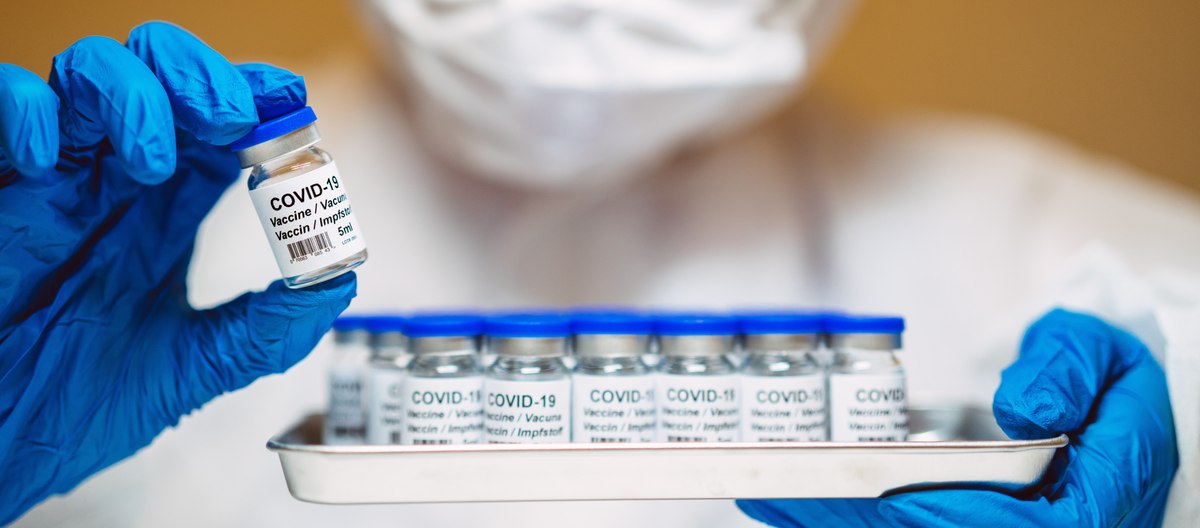As COVID-19 vaccinations continue to be rolled out across the country, Americans tend to agree with who is placed at the front of the line. By a wide margin, Americans in the latest Economist/YouGov poll who have knowledge of the current vaccine priorities approve of who has been prioritized (73%), and for the most part, they agree with the Centers for Disease Control and Prevention on which groups should get priority.
More than four in five Americans approve of prioritizing health care workers who have direct contact with COVID-19 patients (87%), first responders (83%), and residents and staff in long-term care facilities (81%) — which struggled terribly at the beginning of the pandemic.
More than seven in ten Americans would give priority status to other health care workers (78%), those 65 and older — with little difference in support for those 75 and older and those between the ages of 65 and 74 — and law enforcement officers (73%).
On the other hand, less than half of Americans would give US postal workers (47%), prisoners (45%), elected officials (28%), and essential workers in the media and mass communications priority (27%). Democrats are more likely than Republicans to want postal employees (61% vs 37%), the incarcerated (61% vs 30%), elected officials (43% vs 20%), and media workers (43% vs 15%) to have priority status for the COVID-19 vaccine.
Related: Half of Americans say the COVID-19 vaccine rollout is moving too slowly
See the toplines and crosstabs from this week’s Economist/YouGov Poll
Methodology: The Economist survey was conducted by YouGov using a nationally representative sample of 1,500 US Adult Citizens interviewed online between January 31 - February 2, 2021. This sample was weighted according to gender, age, race, and education based on the American Community Survey, conducted by the US Bureau of the Census, as well as 2016 Presidential vote, registration status, geographic region, and news interest. Respondents were selected from YouGov’s opt-in panel to be representative of all US citizens. The margin of error is approximately 2.9% for the overall sample.
Image: Getty








